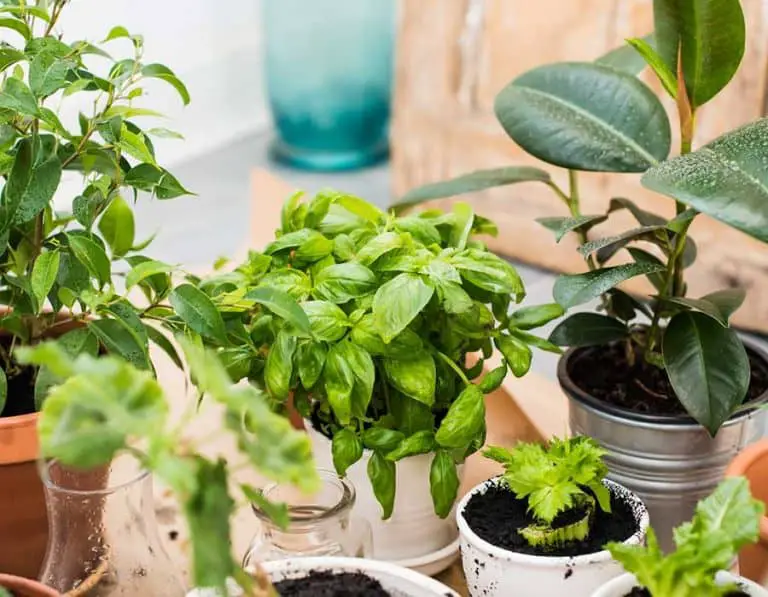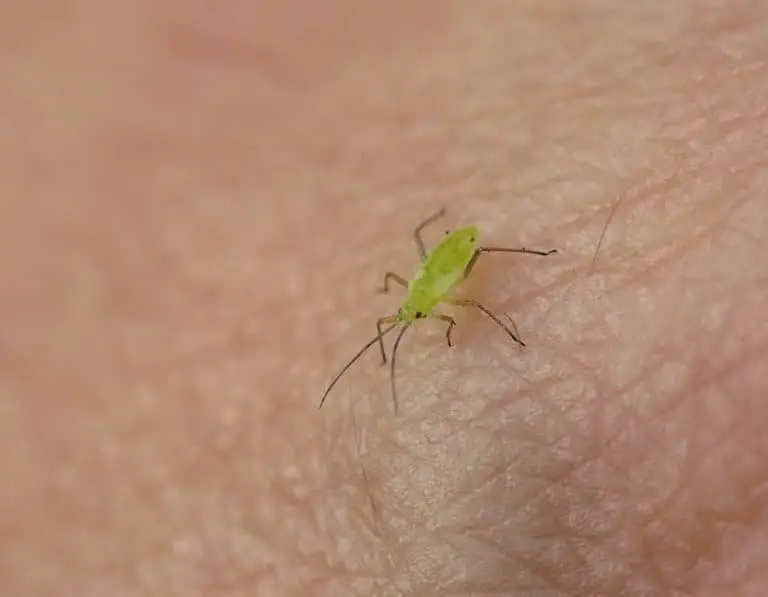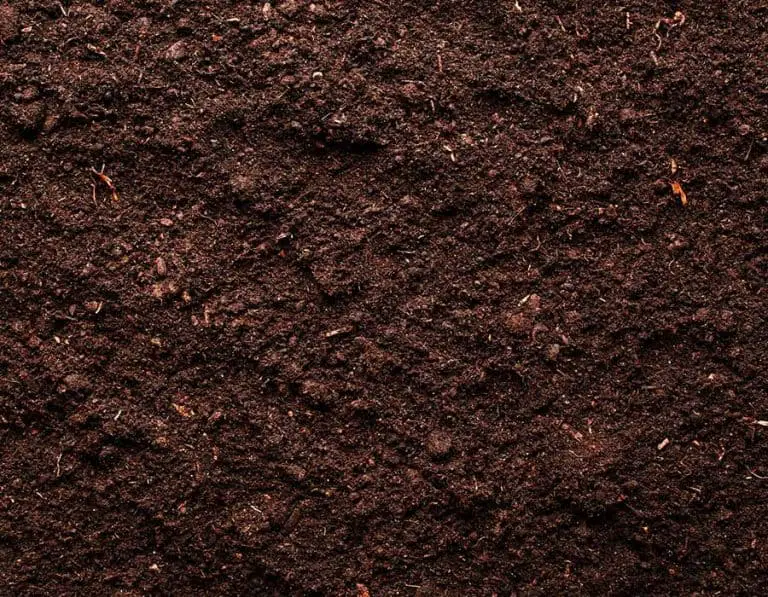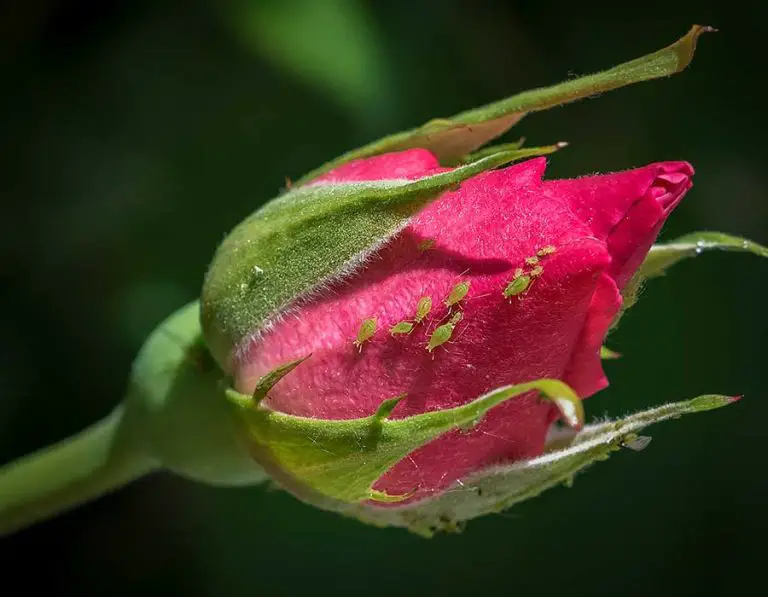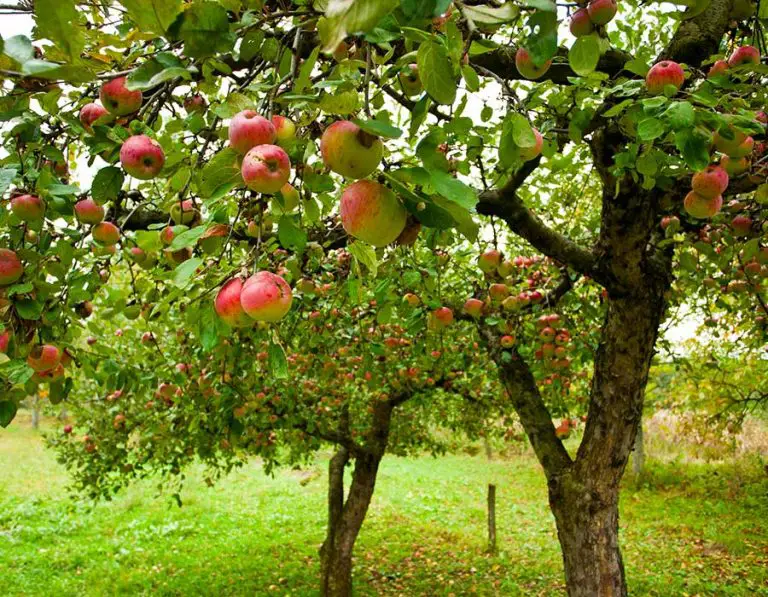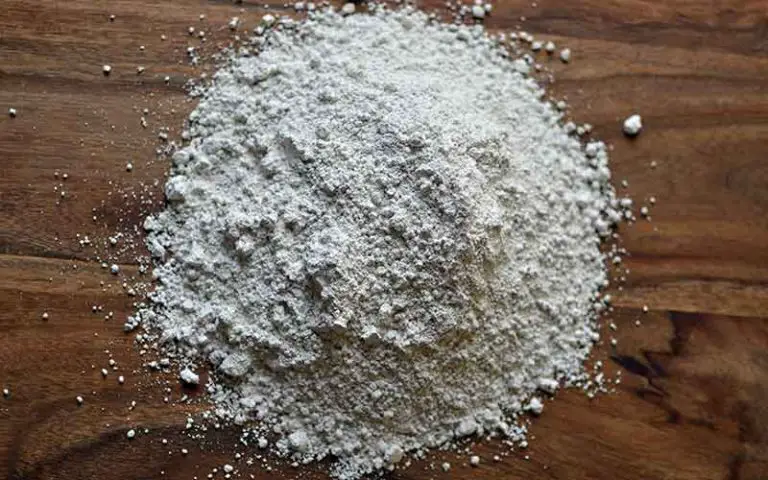Where Do Aphids Come From?
Are you a plant lover who loves their leafy babies and can’t even imagine anything happening to them? We can understand your attachment, but it is not possible as long as there are aphids present in this world.
Aphids often chew the leaves, suck the plants’ juices, and destroy the stems, leading to the death of the plants that you might have lovingly grown. These annoying insects might be tiny, but they can easily wreak havoc and destroy your garden within days.
But Where Do They Come From?
Do aphids have a home, or do they appear from the soil? If aphids have been bothering you for a long time, this article will help you find their source, so you can prevent them from attacking your plants. Please dig in to explore further.
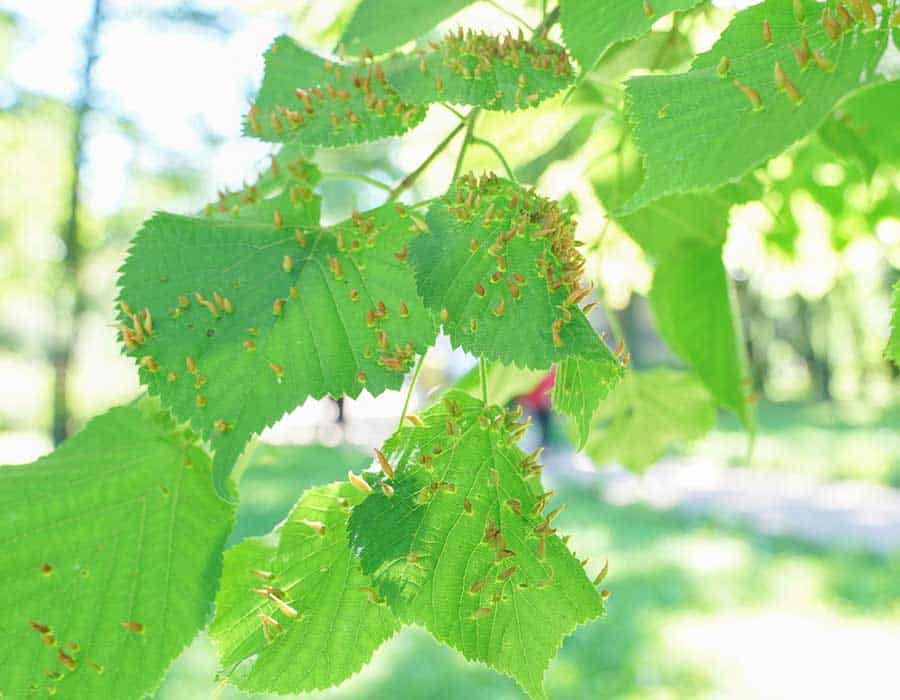
Do Aphids Come Out of Nowhere?
Aphids are chaos creators as they can suck the sap of the plants and weaken their roots. These troublesome bugs can multiply quickly and lead to an infestation without you having any clue.
Primarily found in regions with mild temperatures, aphids don’t come out of nowhere. In fact, most types of aphids are usually found in the soil, and many also fly or travel from long distances to attack your plants.
Aphids from Soil
Some species of aphids are usually found in soil, and that’s what they call their home. These are called root aphids and can take over the roots of your plants pretty conveniently.
Insects that live in the soil are pretty challenging to handle. But thanks to natural predators, you can get rid of aphids regardless of their hiding place.
Bugs such as ladybugs can consume aphids within days, saving you from a dangerous infestation. You can buy these bugs commercially or make your plants tempting enough to attract them.
Some Aphids Can Fly
Not all, but many aphids can fly. They have weak wings, but they can easily cover reasonable distances. Flying helps these bugs to enter your garden and ruin your plants.
Those aphids that can’t fly can crawl. Again, crawling helps these insects to cover long distances by hopping from one plant to another.
In a few cases, aphids may also enter your garden with nature’s support. The wind blows them away, allowing them to travel with ease.
Aphids Are Usually Brought By You
If you tend to buy your plants from a nursery or a shop, the chances are that you might be carrying these bugs with your purchase as well.
Aphids are usually found on the underside of a plant’s leaves, and since they are tiny, it is hard to detect them. However, it is always wise to put your new plants in quarantine for some days to prevent the aphid population from spreading in your garden.
Weak Plants Attract These Insects
If you have weak plants in your garden, you might be inviting aphids into your space. These insects love unhealthy plants, so don’t leave them with any opportunity to feed on them.
This is why it is imperative to keep your plants healthy.
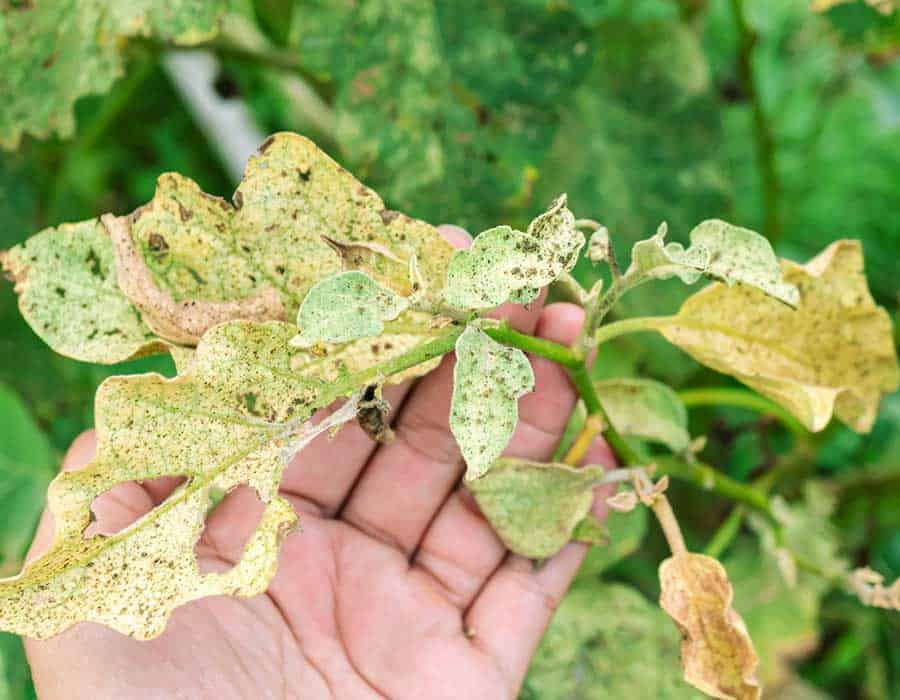
How to Get Rid of Aphids
Whether you have invited these insects yourself or they have always been present in your soil, getting rid of aphids is every gardener’s ultimate mission. After all, it is hard to witness these bugs destroying your plants and causing an infestation.
Here are some ways in which you can eliminate aphids from your garden.
Use Your Hand and a Towel
If you have spotted just a few aphids in your garden, you can use your hand covered in a wet town to remove these bugs. This delicate method ensures that your plants don’t suffer from any additional damage.
Water Spray
You can also eliminate aphids through a water spray. Make sure that you spray strongly to knock off a large number of aphids at a time.
If you find a bottle of spray ineffective, go for a hose. However, be consistent with this approach and simultaneously ensure that your plants don’t get overwatered.
Use a Solution of Water and Soap
At times water alone may not produce your desired results. In that case, opt for a soap and water solution.
Harsh soap can damage your plants, so choose a mild one instead. You can use this solution on the entire plant or only the affected areas. Moreover, prepare the solution in a bottle to use this method three to four times a week.
Suffocate With Neem Oil
As an organic insecticide, neem oil proves quite effective against aphids. This oil suffocates these insects as it makes them hard to breathe.
One of the best things about neem oil is that it is safe for humans and plants. So, using it to control the growth of aphids is a good option.
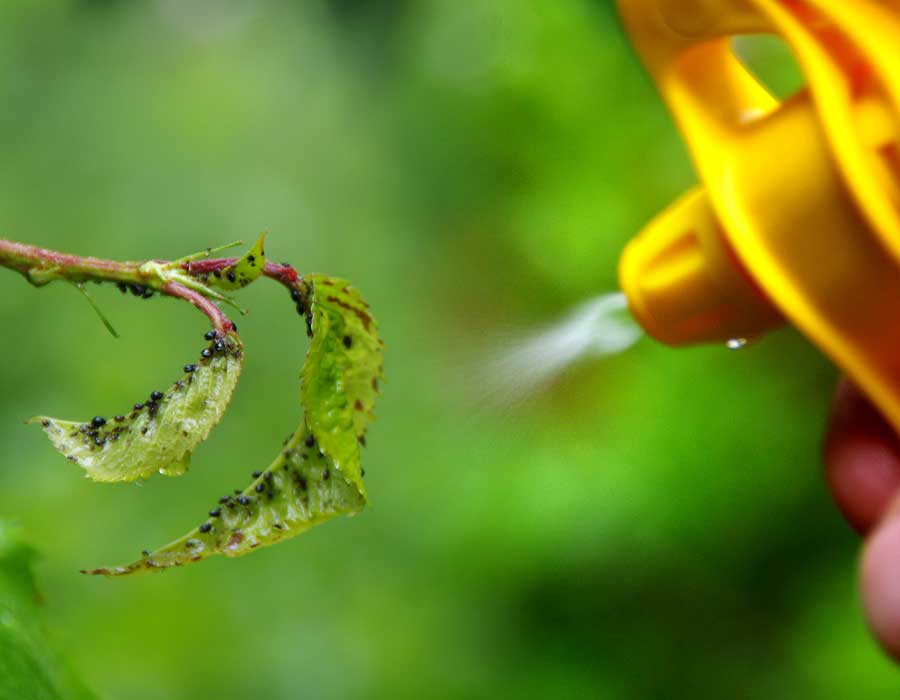
Cut Back Your Plants
In some cases, aphids might just have attacked a specific plant part. For example, twisted and yellowed leaves are usually a result of aphid infestation. So, if you find any of these, cut the leaves to prevent the infestation from spreading.
Insect Killers
If none of the above methods proves effective or your garden is a victim of an aphid infestation, taking help from a high-quality insect killer might be the only option to save your plants.
However, these insect killers don’t have to be dangerous. You can opt for organic sprays as well that are mostly chemical-free.
When using an insect killer, read the label to find the correct amount you should use. Also, wear goggles and gloves to keep your eyes and hands safe.
Final Takeaway
Aphids are annoying creatures that don’t drop from the sky. If you have them in your garden, they might have already been present in your soil or brought by you after purchasing your new plants.
And since most aphids can fly and crawl, they can also travel from one plant to another, wreaking havoc in your space.
It is best to get rid of these bugs when they are few, so they don’t spread. However, if you realize it late, opt for a powerful insect killer and eliminate these plant-eaters for good.

